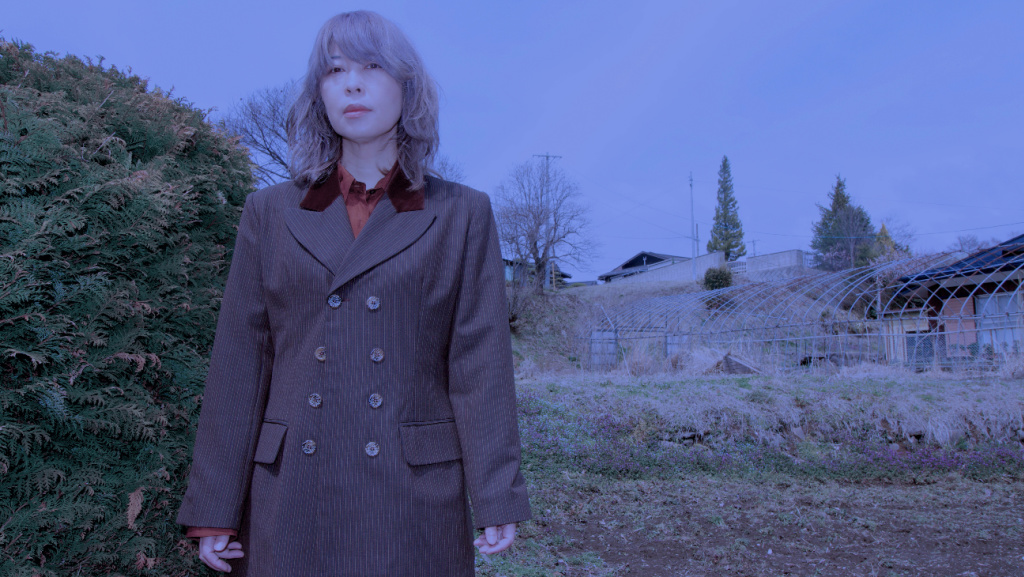Eiko Ishibashi: Five Essential Soundtracks

Eiko Ishibashi (photo by Jim O'Rourke, PR)
Released in 2021 during the pandemic, director Ryusuke Hamaguchi's film Drive My Car serendipitously paralleled that period of global stillness and sadness; it's an eloquent, three-hour ride into the depths of grief, unlikely friendships, moving on, and the all-consuming depth of an artistic life.
A key element that sets the mood of that Oscar and Golden Globe international film winner, based on a short story by Haruki Murakami, is the restless, propulsive and wistful score by Eiko Ishibashi. The acclaimed Japanese composer and musician wrote multiple, intersecting variations on two titles, "Drive My Car" and "We'll Live Through the Long, Long Days and Through the Long Nights," for the film. At two sold-out performances at New York's Le Poisson Rouge in May of this year, Ishibashi played music from Drive My Car, methodically building each track via samples, stems, and vocal, flute, and piano loops, offering a fascinating glimpse into her process.
Ishibashi, who frequently collaborates with her partner, Jim O'Rourke, has joined Hamaguchi again for not one, but two connected films: the nature-focused Evil Does Not Exist and Gift. Both movies evolved after the director, wishing to build a film with Ishibashi's music as its catalyst, visited the couple in their rural home in the mountains.
Evil Does Not Exist, which received the Silver Lion Grand Jury Prize at the Venice Film Festival last year, is in theatres now. The story follows a group of villagers countering Tokyo developers intent upon turning their idyllic community into a glamping destination; the film unfolds with mesmerizing intensity and unexpected consequences. The ancillary Gift accompanies that film with a wordless depiction conjured by Hamaguchi and Ishibashi; a silent film with music. This spring, along with her New York concert performances, Ishibashi performed the score to Gift live, accompanying the film, at Lincoln Center.
Ishibashi's soundtrack for Evil Does Not Exist was released in late June on Drag City — and she generously took time to write a "Five Essential Albums" for FUV. For her picks, Ishibashi writes that she chose "soundtracks by a director and composer, who tagged along several times."
Read — and listen to — her selections.
Eiko Ishibashi: Five Essential Soundtracks:
Georges Delerue, for Jean-Luc Godard's Le Mépris
It was a reference for us when we made Evil Does Not Exist.
Popol Vuh, for Werner Herzog's Aguirre
I can't think of anyone but Florian Fricke for Herzog's film music.
Michael Nyman, for Peter Greenaway's Drowning By Numbers
Peter Greenaway's anger is aided by Nyman's elegance, and Nyman's hard core is deepened by Peter Greenaway.
Michael Small, for Alan J. Pakula's The Parallax View
Contains the rare and remarkable moment in film music where it moves seamlessly from editorial to diegetic in the Parallax training film sequence.
Ennio Morricone, for Sergio Leone's Once Upon a Time in the West
It is amazing how you can feel the trauma of Charles Bronson’s character from a simple tone from his harmonica, and the undeniable feeling of endurance despite loss in the closing scene.
- Eiko Ishibashi
May 2024

